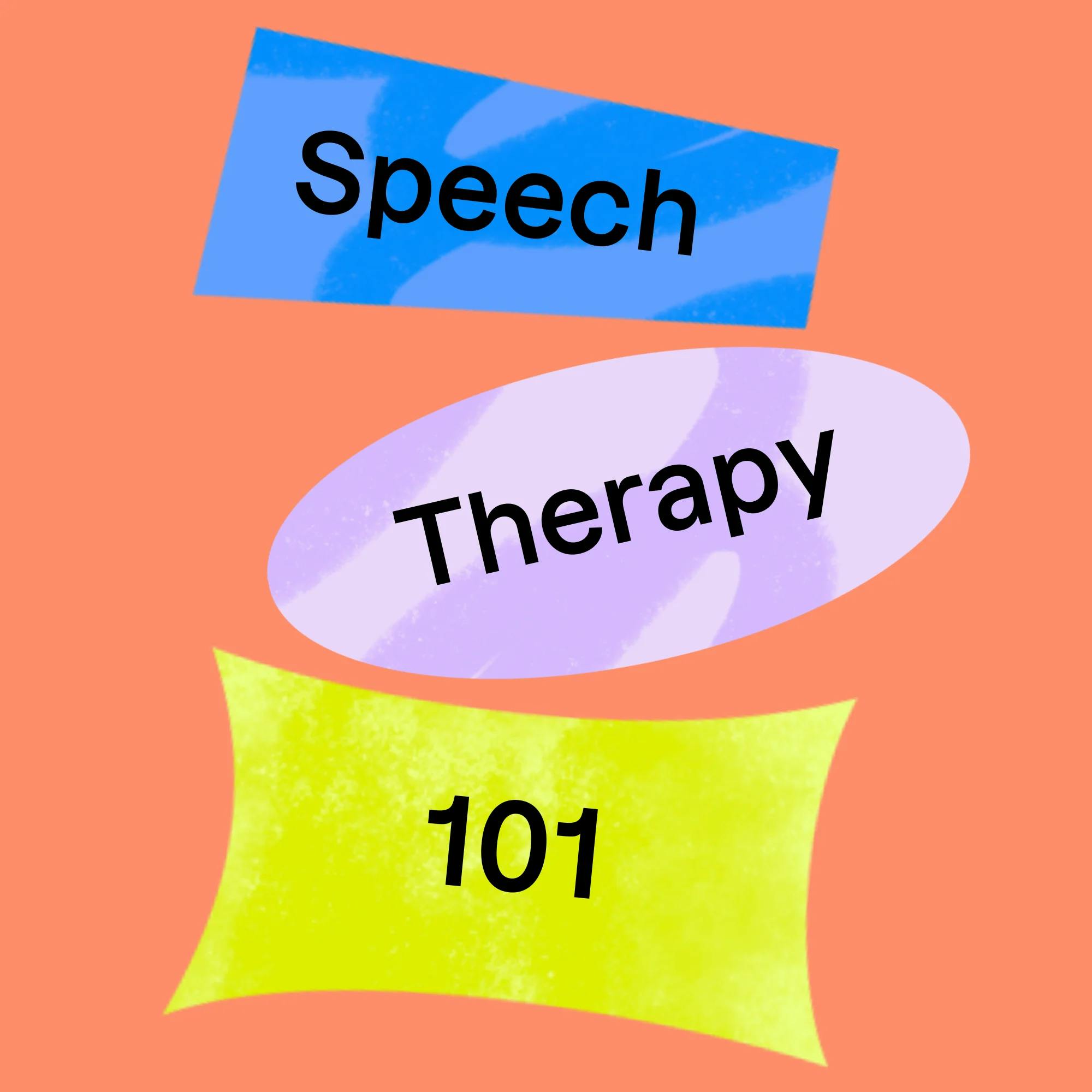Finding a doctor or therapist who will listen to you and with whom you feel comfortable can be overwhelming for anyone. But what if you also have to consider whether a provider will accept you, or even deny you care, because of who you are?
For LGBTQIA+ folks, the fear of encountering homophobia or transphobia at a medical office–even in the waiting room–is valid and real. For example, in one study, 16% of LGBTQ people reported being discriminated against because they are LGBTQ when going to a doctor or health clinic. Eighteen percent avoided seeking health care out of concern they would be treated poorly.
In one study, 16% of LGBTQ people reported being discriminated against when going to a doctor or health clinic.
Expressable values and provides equitable, affirming, and accessible speech and voice therapy. In this article, we’re sharing tips for finding affirming, culturally competent providers who will protect your safety and well-being, treat you with respect, and be sensitive to your needs.
Consider telehealth to find LGBTQIA-affirming care
If you live in a state or an area where it’s difficult to find an affirming provider, one option may be to seek online care from a provider in another location. Through telehealth, you can receive high-quality care from home.
For example, speech therapy can be successfully delivered to children, teens, and adults via online therapy sessions. That includes gender affirming voice training, along with speech therapy for speech and language delays, stuttering, lisp, professional communication, and a variety of other communication issues.


Ask these questions to learn if a provider is LGBTQIA+ friendly
When you’re looking for an LGBTQIA+-friendly doctor, speech therapist, or other health care provider, it can be helpful to ask these questions before making an appointment:
Do you have any specialists who have extensive experience working with the LGBTQIA+ population, and/or with the transgender and gender diverse population?
Do you have any transgender or nonbinary providers?
Do you have policies aimed at eliminating bias and promoting cultural sensitivity and awareness? How do you ensure appropriate and welcoming interactions with LGBTQIA+ patients?
Is there a place for me to provide my pronouns and gender identity in your intake forms? Is there a place for me to enter my name to ensure that I am not called by my dead name?
Do your employees receive any cultural sensitivity training?
It’s important to note that some LGBTQIA+ people may not feel comfortable asking these questions themselves. Consider asking a patient advocate or friend that you trust to contact the office and ask these questions on your behalf.


Finding a therapist for gender affirming voice training
Gender affirming voice training, also known as transgender voice therapy, is a nonsurgical approach for exploring one’s authentic voice and communication. The voice therapist and client work together to explore a variety of vocal characteristics in order to align one’s voice with their gender identity. These may include resonance, pitch, intonation, nonverbal communication, vocal quality, and more.
People across the entire gender spectrum–including transfeminine, transmasculine, nonbinary, gender nonconforming, genderqueer, bi-gender, agender, cisgender, and more–can benefit from voice training.
Your speech therapist should never tell you how to be or how to sound. They are there to help you access your authentic voice, with an emphasis on vocal health and well-being.
A whole-person, holistic view of the voice is highly recommended in gender affirming voice training. Your speech therapist should never tell you how to be or how to sound. They are there to help you access your authentic voice, with an emphasis on vocal health and well-being.
Be sure to look for an experienced speech therapist who specializes in gender affirming voice therapy. Ask questions like the ones listed above, and look for online reviews. Transgender voice therapy sessions should take place in an affirming environment, with great sensitivity and care.


Tap into online directories, LGBTQIA+ centers, and support groups
The Healthcare Equity Index (HEI) is a valuable tool and resource used by LGBTQIA+ patients and their loved ones to find facilities that provide equitable and inclusive care. You can use the healthcare facility search key to find approved providers in your area.
Some websites or search engines have a tab where you can search for an LGBTQIA+-affirming and/or identifying provider. For example, at Psychology Today, you can enter your zip code and check tabs to find a therapist who’s the right fit for you.
Another option is to reach out to your local LGBTQIA+ center to see if they have a referral service. Support groups offered by LGBTQIA+ centers can be valuable resources as well. There is also the LGBTQ+ Healthcare Directory, where you can search for an affirming provider near you.


Know your rights for health care
Laws vary across states. In California, for example, it is illegal to deny services to you on the basis of sexual orientation or gender identity. Check out the Healthcare Bill of Rights to read more about the rights you have as a patient.
Your validation, safety, and comfort matter, and you deserve to be treated with the highest quality care. We hope these tips and strategies can help you find the right health care providers and therapists to serve you well.
How Expressable Can Help
Concerned your child isn't reaching age-expected milestones? Looking for communication support from a professional? Expressable is a national online speech therapy practice serving children and adults. We treat all major areas of communication and feeding, offer flexible hours including evenings and weekends, and accept most major health insurance plans. We’re proud to have earned more than 3,000 5-star reviews from our clients (4.9/5 average).
Our therapy model is centered on parent and caregiver involvement. Research proves that empowering caregivers to participate in their loved one’s therapy leads to better outcomes. That’s why we combine live, 1-on-1 speech therapy with personalized education and home practice activities for faster progress.
Communication is more than words. It’s how we share how we feel and show who we are. We’re here to help you or your child do just that.
 Heather Gross, M.S., CCC-SLP
Heather Gross, M.S., CCC-SLP









